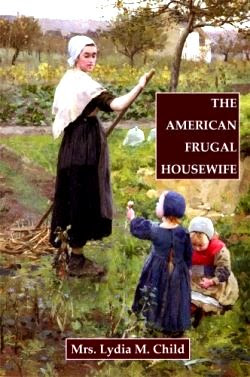Older recipes and recipes in community cookbooks often
simply list a can size number or size can for certain ingredients. If you want to cook your own, use your
home-canned food, make a substitution, or you simply don’t know can size
numbers, it can leave you stumped.
Here’s a chart for can sizes that I keep on hand.
Can #
|
Can Size
|
Volume in cups
|
5 ounce (tuna)
|
5/8
|
|
5 1/3 ounce (small evaporated milk)
|
2/3
|
|
6 ounce
|
3/4
|
|
8 ounce
|
1
|
|
#1
|
11 1/2 ounces
|
1 1/3
|
12 ounce (new evaporated milk)
|
1 1/2
|
|
13 ounce (old evaporated milk)
|
1 2/3
|
|
14 ounce (condensed milk)
|
1 2/3
|
|
15 ounce
|
1 3/4
|
|
#300
|
14-16 ounces
|
1 3/4
|
16 ounce
|
2
|
|
#303
|
16-17 ounces
|
2
|
#2
|
18-20 ounces
|
2 1/2
|
#2 1/2
|
29 ounces
|
3 1/2
|
#3
|
46 ounces
|
5 3/4
|
#10
|
6 pounds
|
12
|
One of my pet peeves is how manufacturers have reduced can
and package sizes in the last few years.
Your old recipe may not work as well if it called for a can of tuna
expecting the 6 ½-7 ounce cans of yesterday and all you can get now are 5 ounce
cans – a change made in the last year or two, or if it calls for evaporated
milk, and the cans are no longer 14 ounces, not even the 13 ounce cans of
fairly recent years, but are now 12 ounces!
If you are sharing recipes, do the recipient a favor, and specify the
ounces of the can or package or bag of ingredients called for.

















Thank you sharing. You are so right about product shrinking. But the prices are still rising!
ReplyDeleteI will save this list.